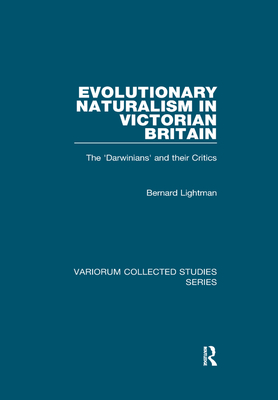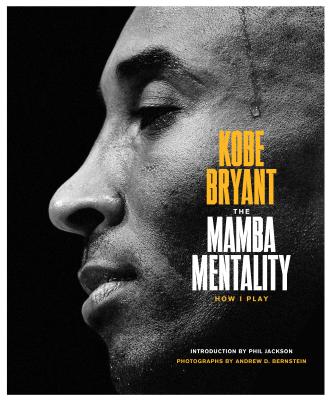Scholars have tended to portray T. H. Huxley, John Tyndall, and their allies as the dominant cultural authority in the second half of the 19th century. Defenders of Darwin and his theory of evolution, these men of science are often seen as a potent force for the secularization of British intellectual and social life. In this collection of essays Bernard Lightman argues that historians have exaggerated the power of scientific naturalism to undermine the role of religion in middle and late-Victorian Britain, and shifts the focus to include those who criticized this influential group of elite intellectuals.
Scholars have tended to portray T.H. Huxley, John Tyndall, and their allies as the dominant cultural authority in the second half of the 19th century. Defenders of Darwin and his theory of evolution, these men of science are often seen as a potent force for the secularization of British intellectual and social life. In this collection of essays Bernard Lightman argues that historians have exaggerated the power of scientific naturalism to undermine the role of religion in middle and late-Victorian Britain. The essays deal with the evolutionary naturalists, especially the biologist Thomas Henry Huxley, the physicist John Tyndall, and the philosopher of evolution, Herbert Spencer. But they look also at those who criticized this influential group of elite intellectuals, including aristocratic spokesman A. J Balfour, the novelist Samuel Butler, and the popularizer of science Frank Buckland. Focusing on the theme of the limitations of the cultural power of evolutionary naturalism, the volume points to the enduring strength of religion in Britain in the latter half of the 19th century.
Get Evolutionary Naturalism in Victorian Britain by at the best price and quality guranteed only at Werezi Africa largest book ecommerce store. The book was published by Taylor & Francis Ltd and it has pages. Enjoy Shopping Best Offers & Deals on books Online from Werezi - Receive at your doorstep - Fast Delivery - Secure mode of Payment
 Jacket, Women
Jacket, Women
 Woolend Jacket
Woolend Jacket
 Western denim
Western denim
 Mini Dresss
Mini Dresss
 Jacket, Women
Jacket, Women
 Woolend Jacket
Woolend Jacket
 Western denim
Western denim
 Mini Dresss
Mini Dresss
 Jacket, Women
Jacket, Women
 Woolend Jacket
Woolend Jacket
 Western denim
Western denim
 Mini Dresss
Mini Dresss
 Jacket, Women
Jacket, Women
 Woolend Jacket
Woolend Jacket
 Western denim
Western denim
 Mini Dresss
Mini Dresss
 Jacket, Women
Jacket, Women
 Woolend Jacket
Woolend Jacket
 Western denim
Western denim
 Mini Dresss
Mini Dresss




